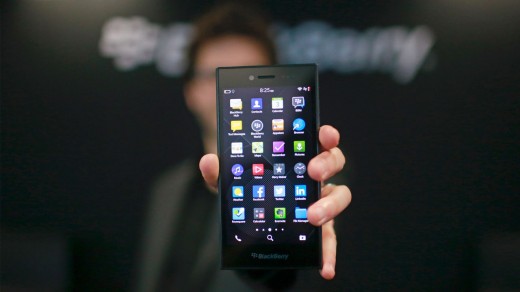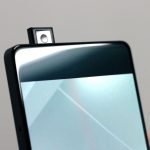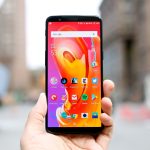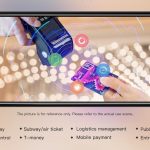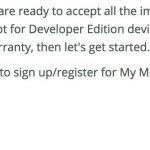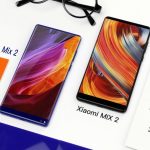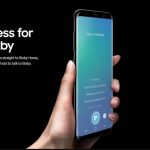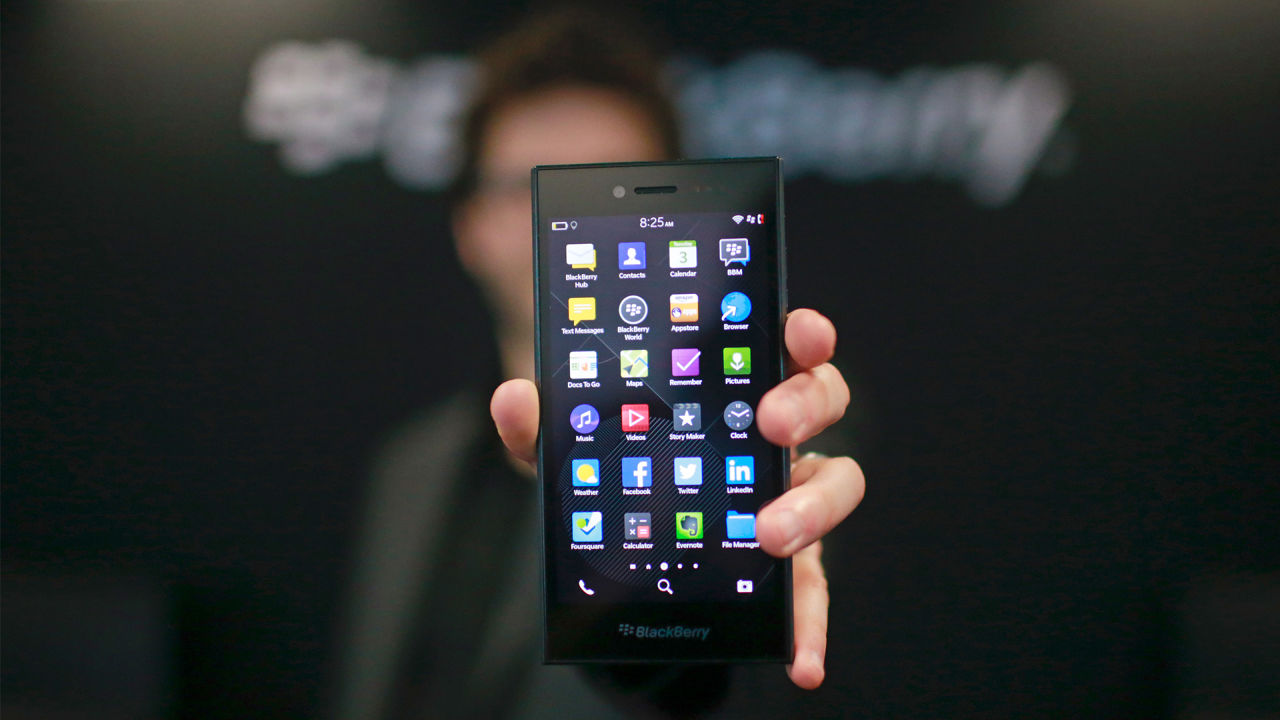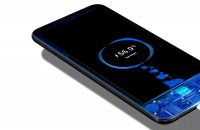BlackBerry Wants To Lure Young Professionals With New All-Touch Smartphone
BlackBerry’s CEO admits that younger users prefer an on-screen keyboard.
BlackBerry on Tuesday unveiled two new phones at the Mobile World Conference in Barcelona—one for each end of its user base. The first, still unnamed phone will have a touchscreen and slide-down physical keyboard, while the other, called the Leap, ditches the keyboard entirely for a pure touchscreen experience.
Why is BlackBerry giving up its iconic physical keyboard with the new Leap phone? As BlackBerry CEO John Chen said in an interview with Bloomberg, Leap is aimed at emerging smartphone markets, like Brazil and Indonesia, and will be priced at $275, less than half what the latest iPhones retail for. But the Leap will also be pitched as an alternative option for younger businessfolk, who aren’t as enthusiastic as their older counterparts are about the push-button keyboard that is BlackBerry’s signature feature.
“The mid-end and high-end professionals, they grew up with the keyboard and love the keyboard. But the entry-level people, a lot of them like to have a touchscreen. They’ve been asking for one, so we did one for them,” Chen told Bloomberg.
The Leap’s tech won’t blow anyone away: Its 16GB of storage is on the small side, and it has a standard 5-inch display and an 8-megapixel camera (still the maximum resolution on the iPhone 6’s camera). But the 25-hour battery life is promising. As for the other, unnamed phone with the sliding keyboard, there aren’t many details yet, but The Verge reports that it will have the “dual-curved” edges first seen in the Samsung Galaxy S6. But if BlackBerry’s unexpected success reviving the smartphone keyboard with its ungainly-looking Passport phone is any indicator, BlackBerry is paying attention to the right demands from its enterprise niche.
BlackBerry has battled back from the brink in the year since Chen took over operations, but in that time, Chinese megafacturers of budget smartphones like Xiaomi have aggressively carved business away from Samsung and other established smartphone makers. Amazingly, Chen isn’t worried. “It’s disruptive for the lower end,” says Chen in a Bloomberg interview. “But here’s the interesting thing: Just like the PC business, the server business, and everything else, the low-end starts burrowing into the middle and the middle-end pushes up to the top, so every one of us has to innovate more stuff and add more features. But how it’s disruptive to us remains to be seen: It hasn’t gotten into my space yet.”
[via The Verge]
Fast Company , Read Full Story
(132)

